Central banks are independent national institutions and supreme monetary authorities which are at the heart of the economy. They manage currency and are given free control over the production and domestic distribution of the money and credit for a country with the aim of achieving price stability and economic growth.
But central banks seem to have one common challenge. An economic expert and President, World Money Watch, Ms. Kimberly Amadeo noted that central banks were often misunderstood in their efforts to heal the economy. They were often poorly misunderstood, and raising the level of suspicion.
Join our WhatsApp ChannelAccording to Ms. Amadeo, due to the independence of central banks, politicians and sometimes the general public were suspicious of central banks and subjected them to scathing criticisms. She further noted that politicians worry about central bank policies because they would face a political cost if their spending cost is cut.
The observations apply to the Central Bank of Nigeria (CBN). Historically, the policies of CBN have been grossly misunderstood and unduly criticized by vested interests including some politicians for selfish reasons.
There was stiff opposition and unwarranted criticisms when CBN under the leadership of Professor Charles Soludo initiated the banking consolidation policy in 2005 to fortify the banking industry.
Prior to the policy, the banking sector was fragile and marginal; with poor asset quality, persistent illiquidity, over dependence on public sector funds and weak capital base. Most banks operated with a capital base of less than US$10 million in 2004 before the policy was initiated.
The largest bank as at 2004 had a capital base of US$240 million compared to the smallest bank in developed countries with a capital base of US$526 million which was larger than all the Nigerian banks put together.
CBN mandated banks to increase their paid up capital from N2 billion to N25 billion with the aim of creating a banking system that would be part of the global change and which would be strong, competitive and reliable and which depositors could trust and investors could rely on.
For selfish reasons, vested interests opposed and unduly criticized the good intentioned policy. But with the full backing of the then President, Chief Olusegun Obasanjo, Professor Soludo was resolute and implemented the policy which transformed the banking industry for good.
The good intentioned policy of the next CBN Governor, Sanusi Lamido Sanusi to curb corporate rascality in the banking industry and rein in those who he said exploited the financial system was also misconstrued and opposed by vested interests. But Sanusi was aggressive and uncompromising. He launched a corporate governance project for clarity and accountability and thereafter, the banking industry started witnessing very minimal corporate rascality.
Also, some strategic policies of CBN under the leadership of Godwin Emefiele have been grossly misunderstood and unduly attacked in the Bank’s efforts to heal and restore confidence in the Naira and the economy. Emefiele is a dedicated patriot and pragmatic leader.
Under his leadership, CBN has evolved several innovative policies towards restoring and repositioning the economy going forward. The apex bank shifted focus from just price, monetary and financial system stability to being a financial catalyst in specific sectors of the economy particularly agriculture and manufacturing and has continued to compliment the efforts of the fiscal authority.
But Emefiele seems to have received more of criticisms than commendation for his genuine efforts to rebuild the economy in collaboration with the fiscal authorities. The cordial relationship between CBN and the fiscal authorities has also been misconstrued by some people as an erosion of the independence of CBN.
CBN’s policy action to sanitize the operations of Bureaux de Change and check the dollarizing of the economy, rent-seeking among operators, depletion of foreign reserves and other malpractices was misinterpreted by vested interests as a move targeted against a people from a particular zone of the country.
Presently, Emefiele has been on the spot because of the redesigning of the Naira and management of cash withdrawals by individuals and corporate bodies. As one observer noted, ‘’they want Emefiele out because he suddenly came up with a policy that will not allow them to buy votes’’, and added that ‘’that may not be the actual intention of the policy, but that is what they see as the intended outcome.’’
‘’They want Emefiele removed, not because they want him out but because they want the recolouration of the Naira to stop so that they will be able to bring out the money they stole and stashed and use it to muzzle the people to vote who they want.’’
In a press report, an Abuja-based lawyer and activist, Deji Adeyanju noted that the anger against Emefiele was by corrupt politicians who had stockpiled their homes with naira notes ahead of the 2023 elections. He said that ‘’Emefiele did Nigerian vote-buying politicians dirty. They had already stockpiled their homes with Naira notes.’’
CBN gave reasons for the redesigning of the Naira, which are: to deal a fatal blow to the growing kidnapping and ransom industry, address the issue of individuals who have made currency fraud their main source of income, to control the amount of money in circulation and to aid in lowering inflation.
Some analysts have described Emefiele as a good manager who is trying to balance the economy and put it on a just scale. Under him, CBN is applying stabilization measures and trying to build confidence in the value of the Naira so that it will retain its value over time.
Nwobu, a Chartered Stockbroker and Business Journalist wrote via arizenwobu@yahoo.com; Tel 08033021230




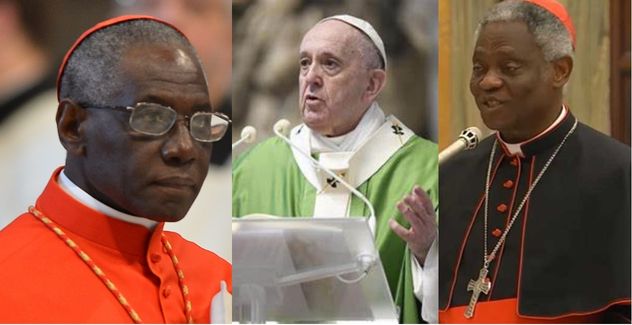
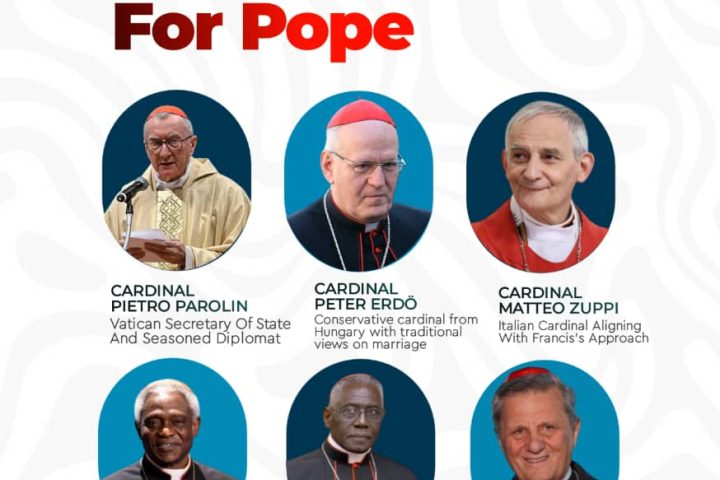
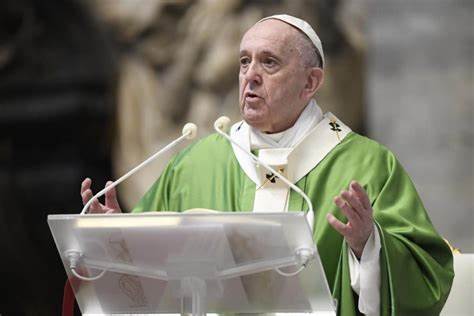





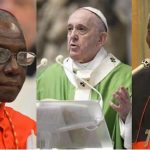





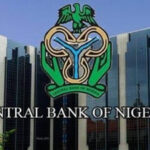
Follow Us